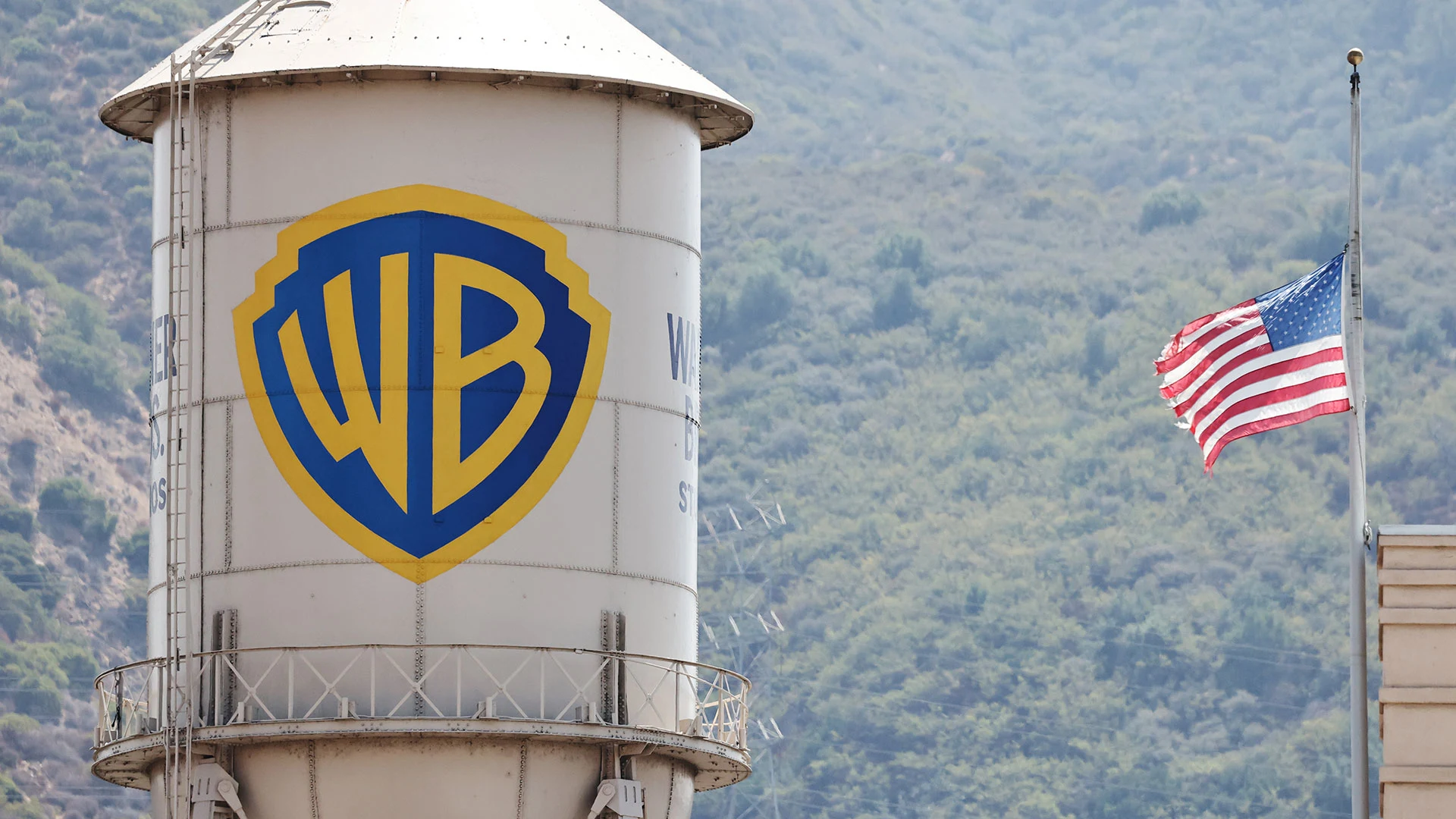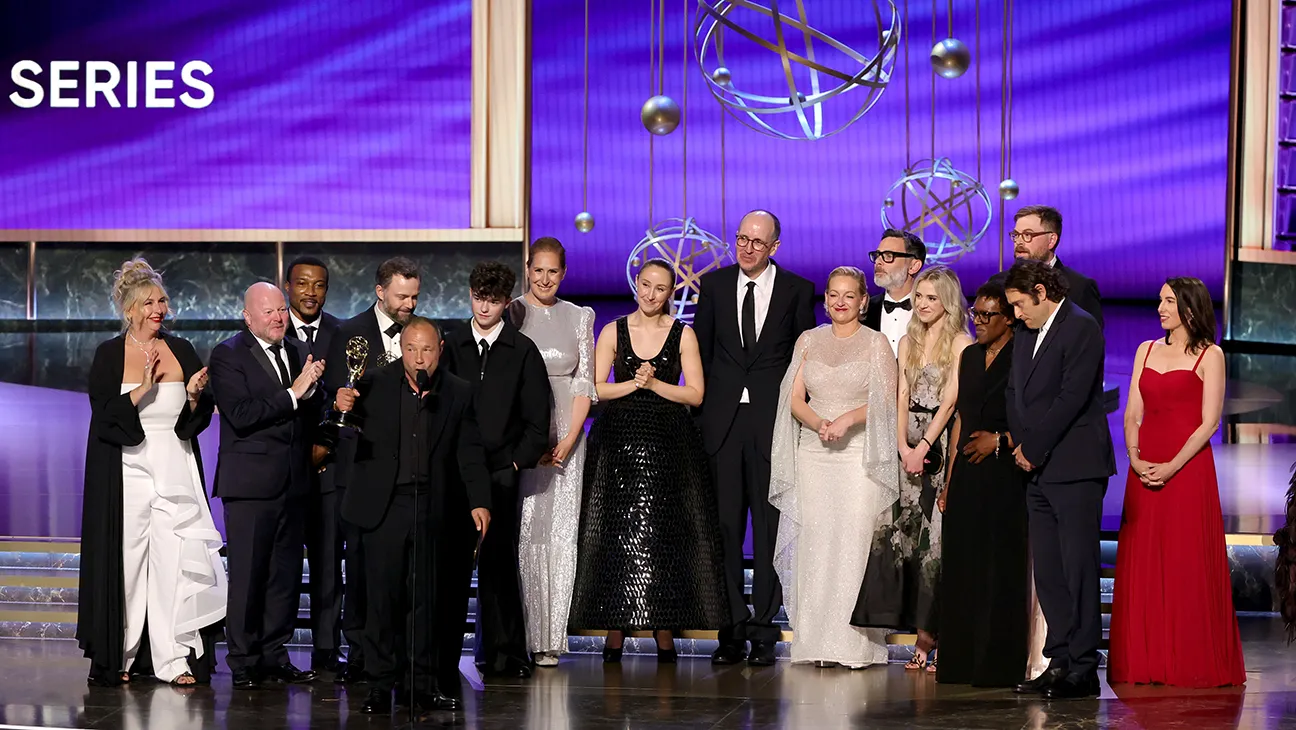
With the ink barely dry on its deal to buy Paramount, Skydance is reportedly already looking to roll up another major entertainment company.
Paramount Skydance is working on an offer to buy Warner Bros. Discovery, a media mega-brand that owns disparate brands ranging from CNN and DC Studios to HBO. CNBC reports that the mostly-cash bid would price Warner Bros. Discovery at around $22 to $24 per share. Skydance, now Paramount Skydance, was founded by Oracle co-founder Larry Ellison’s son David Ellison, who operates the company as its CEO. His sister, Megan Ellison, is already an established name in Hollywood as the founder of independent film production house Annapurna Pictures.
With Paramount in its quiver, Skydance now owns Paramount Pictures, Paramount+, CBS, CBS News, Comedy Central, Nickelodeon and Showtime, among other entertainment properties. If the company succeeds with rumored plans to buy Warner Bros., it would also pick up Warner Bros. Pictures, DC Studios, DC Comics, Turner Classic Movies, New Line Cinema, HBO, HBO Max, CNN, the Discovery Channel, the Travel Channel, TBS, TNT, Warner Bros. theme parks. Warner Bros. Discovery is currently worth north of $45 billion.
Shortly after the deal closed, Ellison’s Paramount announced a $7.7 billion deal to stream all UFC fights in the U.S. for the next seven years. The partnership reportedly doubles what ESPN was paying to air UFC matches – a mark of Ellison’s aggressive approach.
Subscribe to the Daily newsletter.Fast Company’s trending stories delivered to you every day
Privacy Policy
|
Fast Company Newsletters
Warner Bros. plans interrupted
If Skydance Paramount lands Warner Bros. Discovery, the merger would interrupt the latter’s plans to split itself into two public companies by 2026. In June, Warner Bros. Discovery announced that it would divide its assets into two parts: a streaming and studios company and a global networks company. The streaming company would peel off DC Studios, HBO, HBO Max, Warner Bros. Television and Warner Bros. Motion Picture Group while the latter would focus on sports, news and traditional TV, including CNN, TNT Sports, Discovery and Bleacher Report.
“This separation will invigorate each company by enabling them to leverage their strengths and specific financial profiles. This will also allow each company to pursue important investment opportunities and drive shareholder value,” Warner Bros. Discovery CFO Gunnar Wiedenfels said of the plan.
While massive media consolidation is the name of the game in recent years, Warner Bros. wouldn’t have been the first entertainment giant opting to divide and conquer. Late last year, Comcast announced that it would spin a chunk of its portfolio off into its own cable TV and digital media-focused entity initially called SpinCo and since renamed to Versant. Its portfolio of brands is set to include USA, CNBC, MSNBC, E!, Rotten Tomatoes and Fandango.
The Ellison family builds a media behemoth
As an outsider media company, Skydance is uniquely positioned to make splashy moves on entrenched entertainment giants. That’s largely thanks to its links to the elder Ellison, who earlier this month briefly surpassed Elon Musk as the richest man in the world. Oracle’s stock has soared by more than 40% in 2025, driven by cloud revenue and planned AI investments, including an eye-watering $300 billion 5-year deal with OpenAI. Oracle’s name has also long been linked to a plan to force ByteDance to sell TikTok to a U.S-based owner that was initiated during the first Trump administration but still hasn’t come to pass.
David Ellison is moving swiftly to consolidate media companies under his banner and it likely has the political goodwill with the Trump administration to succeed. Skydance’s $8.4 billion merger with entertainment industry pillar Paramount was approved by the FCC in July. That same month, Paramount paid $16 million to settle a lawsuit from the Trump administration targeting it and CBS News over an interview with former Vice President Kamala Harris. While many legal experts viewed the $10 billion lawsuit as frivolous, Paramount’s decision to settle was criticized as a bid to endear itself to the Trump administration. A week prior to the FCC approval, CBS announced that it would kill Stephen Colbert’s “The Late Show,” which regularly lambasts Trump. After Paramount decided to settle, Colbert famously denounced the decision as a “big fat bribe.”
The Ellison family’s unimaginable wealth certainly positions it well to fulfill its ambitious media dreams, but Larry Ellison’s history as a Trump ally might prove just as potent. The Trump administration has wielded its regulatory power in shocking ways that are already reshaping the media landscape, which is in a period of unprecedented consolidation.
Earlier this week, ABC pulled Jimmy Kimmel Live! off the air after the late night host accused Trump supporters of leveraging Charlie Kirk’s death for political gain and insinuated that Kirk’s shooter may have been aligned with the political right. Echoing conservative backlash against Kimmel, FCC Chair Brendan Carr criticized the host’s comments and threatened to use the regulatory agency’s might under Trump to punish its detractors – a threat that seemed to prompt instant action from ABC.
“I mean, we can do this the easy way or the hard way,” Carr said. “These companies can find ways to change conduct and take action, frankly, on Kimmel, or there’s going to be additional work for the FCC ahead.” Carr’s comments – and ABC’s apparent capitulation – inspired an outpouring of concern that the Trump administration is violating the First Amendment by wielding its power directly to quell its critics. Even some Republicans have expressed free speech concerns, including Senator Ted Cruz, who characterized the Kimmel situation “dangerous as hell” and “right out of ‘Goodfellas.’”



